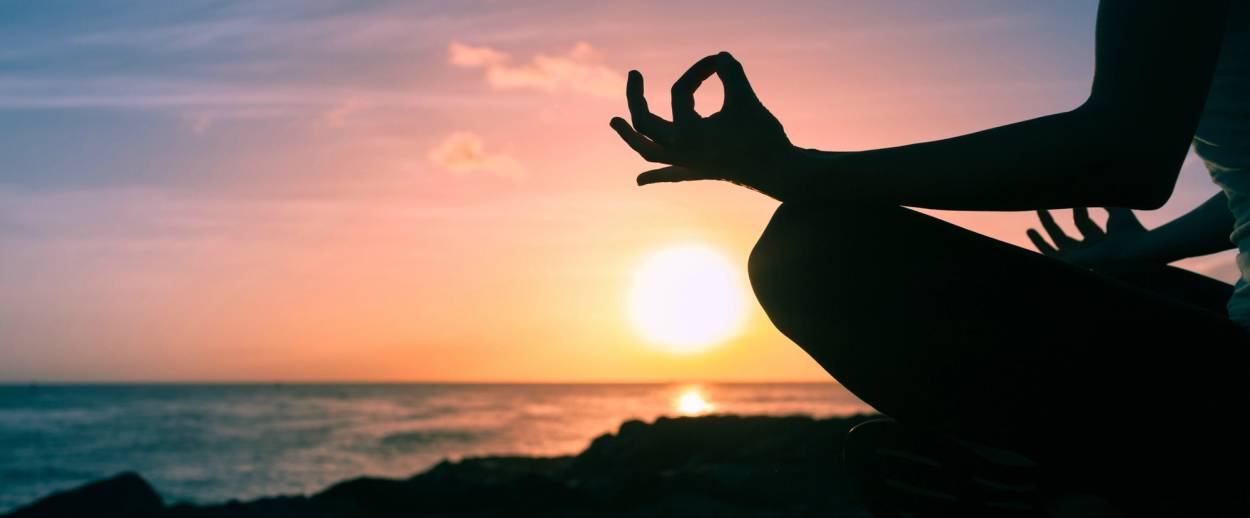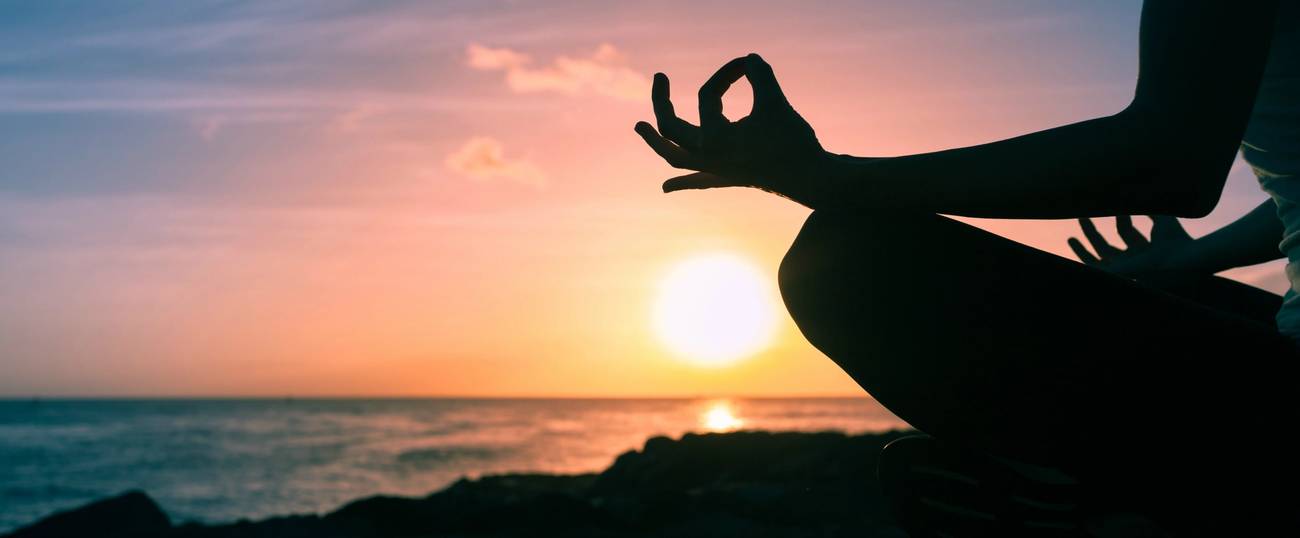This Shabbat, Try a Digital Detox
The National Day of Unplugging commences Friday night, hoping to inspire people of all faiths to sign off, log out, log off, and connect their minds elsewhere




If you need a break from the perpetual din of technology, social media, and the 24/7 news cycle—and really, who doesn’t?—consider participating in the National Day of Unplugging to carve out your own temple in time. The screen-free initiative, which begins this week on Shabbat, from sundown to sundown, is an annual event organized by Reboot, a nonprofit that sponsors creative projects that both uphold and reimagine Jewish traditions.
Envisioned as a universal day of rest, people across the country and the world are invited to set their smartphones, computers, and other gadgets aside regardless of their faith. (The initiative’s website even advertises “cell phone sleeping bags”—adorable pouches that ensure that digital temptation remains out of sight—as well as mindfulness kits, which include such old-school delights as a Fujifilm Instax Mini 8 camera and David Sax’s book The Revenge of Analog, reviewed here by Tablet’s editor-at-large, Mark Oppenheimer.
According to Reboot, the digital detox day boasted 70,000 total participants over the past three years from all 50 U.S. states and 206 countries, including locales as distant as Bhutan and Kazakhstan. Religions represented by participating organizations and community partners encompass Catholicism, Islam, Hinduism, and Buddhism, in addition to Judaism. More than 40,000 people are projected to sign off to celebrate this year.
“The overall idea is really rooted in the tradition of Shabbat, taking time to reconnect with yourself, taking time to nurture yourself, taking time to reconnect with the people around you,” said Reboot’s communications manager, Tanya Schevitz.
Although Reboot launched the National Day of Unplugging in 2010, the organization has also held a yearly summit in Park City, Utah since 2002—a gathering that has attracted famous names, including Hollywood writers like Jenji Kohan and Jill Soloway.
The day itself emerged from a conversation that media entrepreneur Dan Rollman, co-founder of Record Setter, had at the 2008 summit. He and fellow event-goers brainstormed ideas to rethink the Sabbath for the modern world. They ultimately created the Sabbath Manifesto, a community built around 10 tenets “designed to slow down lives in an increasingly hectic world,” whose website launched the same year as the first National Day of Unplugging.
“I really felt an imbalance in my life and, as a startup entrepreneur, a pressure to be connected to the web 24/7,” Rollman said. “[The Sabbath Manifesto] allowed me to change my life and take that weekly pause to step back and reconnect with the offline world and recharge my batteries for the week ahead.”
For this year’s National Day of Unplugging, about 250 religious and secular community partners are on board, spanning Catholic high schools, Canadian board game cafes (yeah, that’s a thing!), and even a thematic art exhibit in Tel Aviv. The exhibit is sponsored by Undigitize.Me, a social venture designed to reframe our “addicted” relationship with our smartphones.
“It’s scary and liberating to leave home without a phone in one’s pocket,” Rollman said. “I’ve come to enjoy the challenge.”
Zoe Miller is Tablet’s editorial intern. Follow her on Twitter here.